Historic discoveries that completely changed the world
Throughout history, humanity has achieved remarkable milestones that have reshaped our understanding of the world and our place within it. These discoveries have spurred innovation, changed societies, and even altered the course of human evolution.
Each breakthrough has unlocked new possibilities, allowing us to explore the unknown and push the boundaries of human knowledge. Let’s embark on a journey through some of the most pivotal discoveries that have left an indelible mark on history.
The Power of Fire: Man’s First Revolutionary Tool
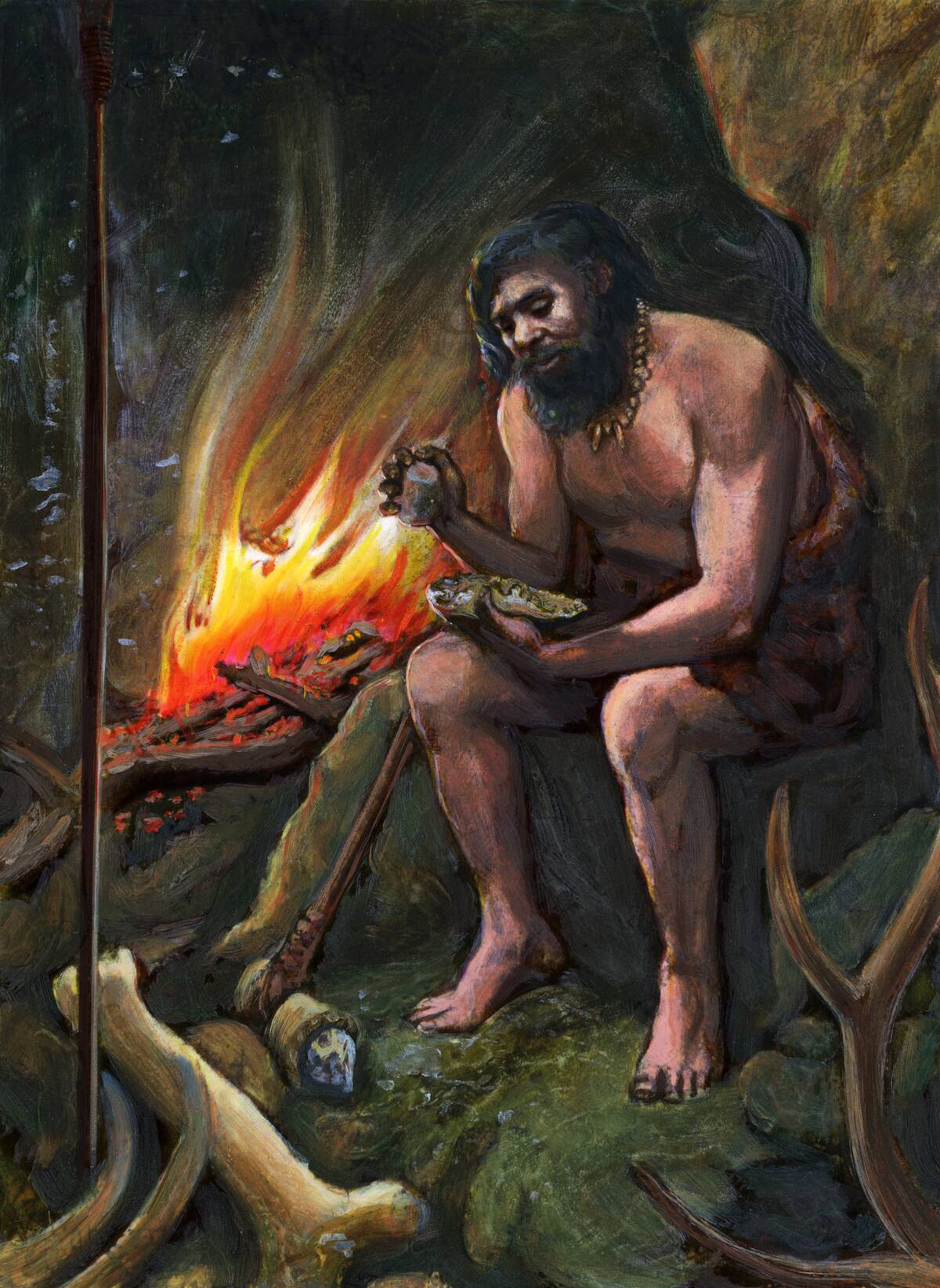
Fire, one of humanity’s earliest discoveries, was a game-changer in the evolution of our species. With the ability to harness fire, early humans could cook food, providing a more nutritious diet that supported brain development.
Beyond nutrition, fire offered warmth and protection, enabling early humans to survive in harsher climates. This control over fire also sparked social gatherings around the hearth, fostering communication and community bonding, which were crucial for the development of complex societies.
The Wheel: Rolling Into a New Era of Civilization
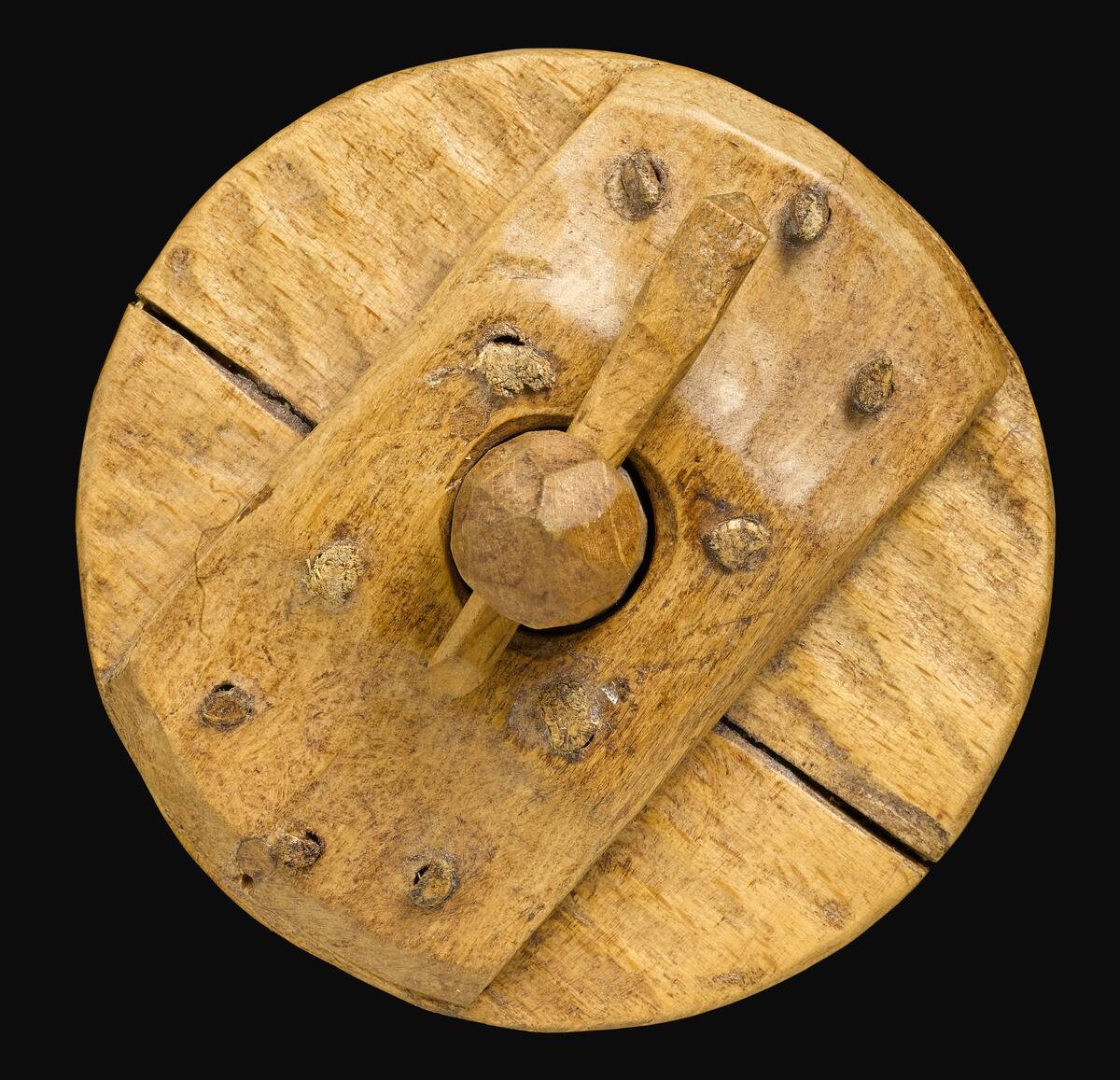
The invention of the wheel, dating back to around 3500 BC in Mesopotamia, revolutionized transport and logistics. Interestingly, it was originally developed as a potter’s wheel rather than a transportation solution. Nonetheless, moving goods over long distances was labor-intensive and inefficient before the wheel.
The wheel facilitated trade, allowing civilizations to exchange goods and ideas more freely. It also spurred advancements in technology and infrastructure, such as roads and vehicles, laying the groundwork for the interconnected societies we know today.
The Printing Press: Spreading Knowledge Like Never Before
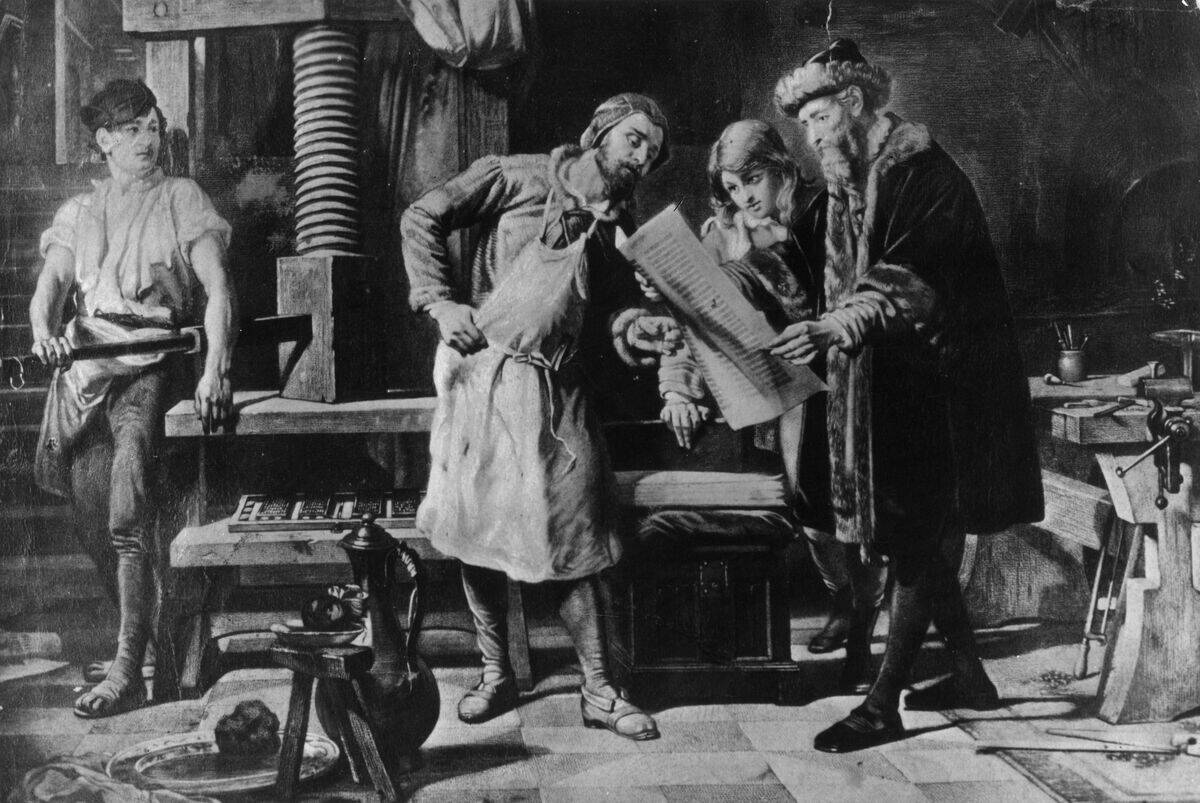
Johannes Gutenberg’s printing press, introduced in the 15th century, transformed the landscape of knowledge dissemination. By making books more affordable and widely available, it broke the monopoly of the literate elite over information.
The printing press spurred the Renaissance and the Reformation by enabling the spread of new ideas and literacy among the masses. This democratization of knowledge laid the foundation for the modern age of information.
Gunpowder: Explosive Changes in Warfare and Beyond

Gunpowder, first developed in China during the first century, revolutionized warfare and had far-reaching implications beyond the battlefield. It led to the development of firearms and cannons, shifting the power dynamics in military strategy and territorial expansion.
Gunpowder also found its way into construction and mining, where it was used for blasting, paving the way for advances in engineering and infrastructure development.
The Compass: Navigating Uncharted Waters
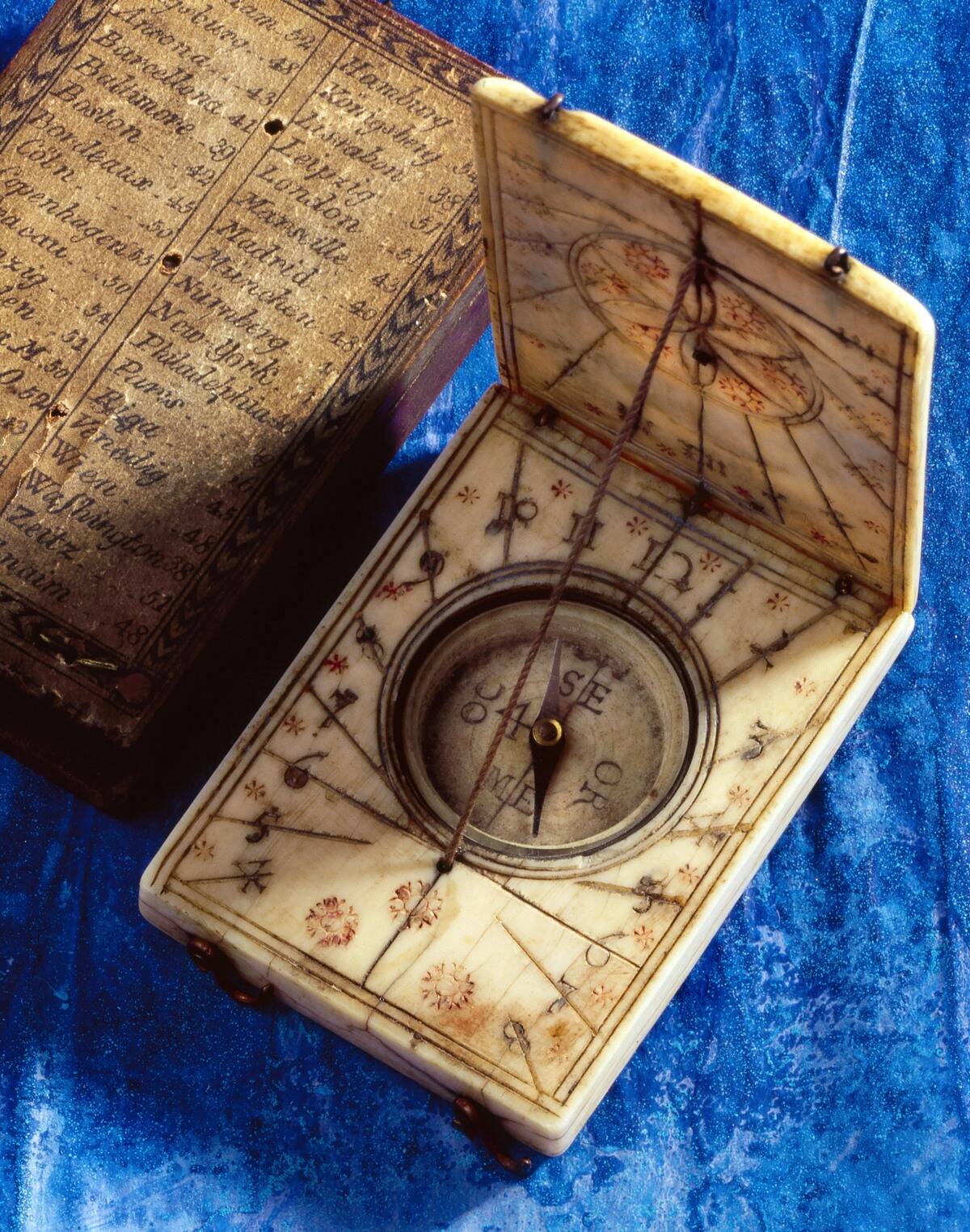
The magnetic compass, invented in China during the Han Dynasty, was a pivotal tool for navigation. Before its widespread use, sailors relied on celestial navigation, which was unreliable on cloudy nights or during bad weather.
The compass enabled explorers to venture into unknown territories, facilitating the Age of Discovery. This era saw the expansion of trade routes and cultural exchanges, significantly contributing to globalization.
The Theory of Gravity: Newton’s Apple and the Laws of Motion
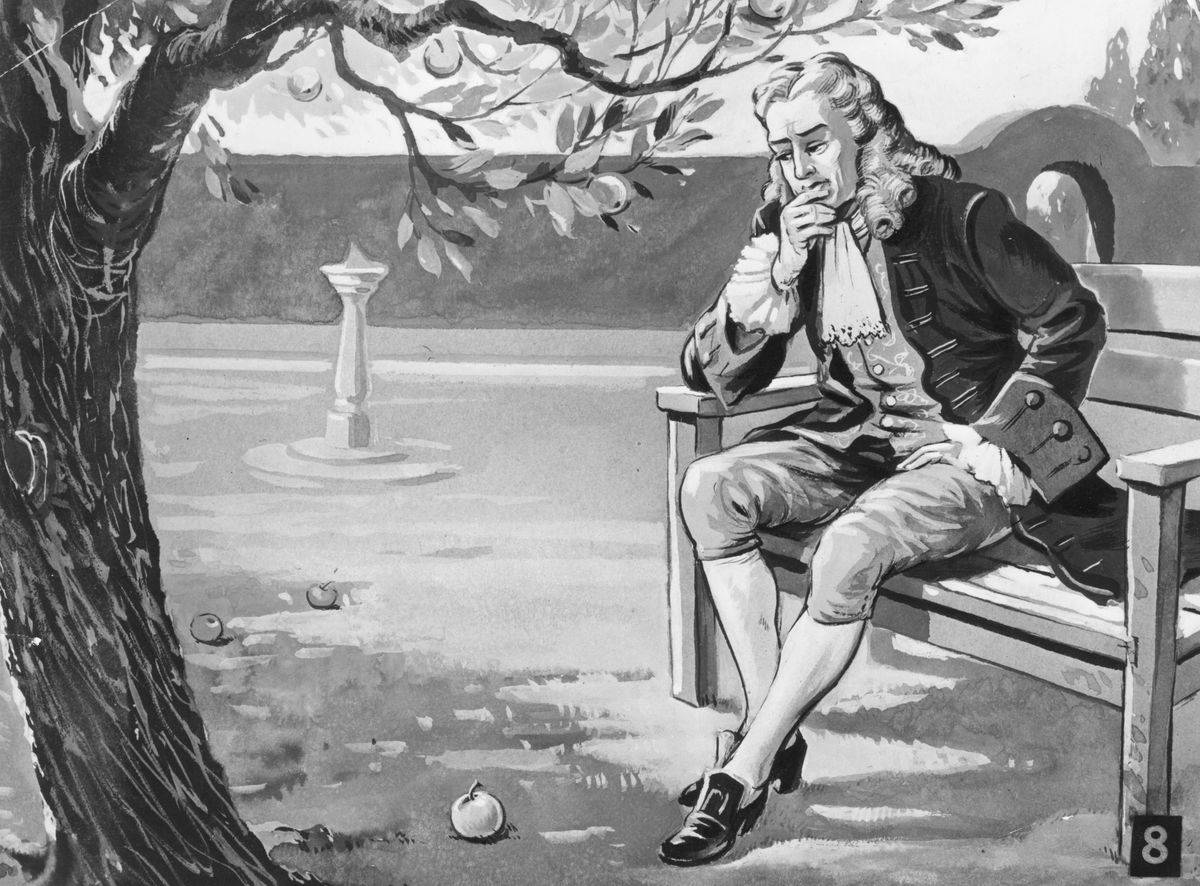
Sir Isaac Newton’s formulation of the laws of motion and universal gravitation in the late 17th century was a monumental leap in our understanding of the physical world.
Inspired by his observations of the legendary falling apple, Newton’s theories explained the motion of celestial bodies and terrestrial objects alike. This laid the groundwork for classical mechanics, influencing scientific thought and technological development for centuries to come.
Germ Theory: Unveiling the Invisible World of Microorganisms
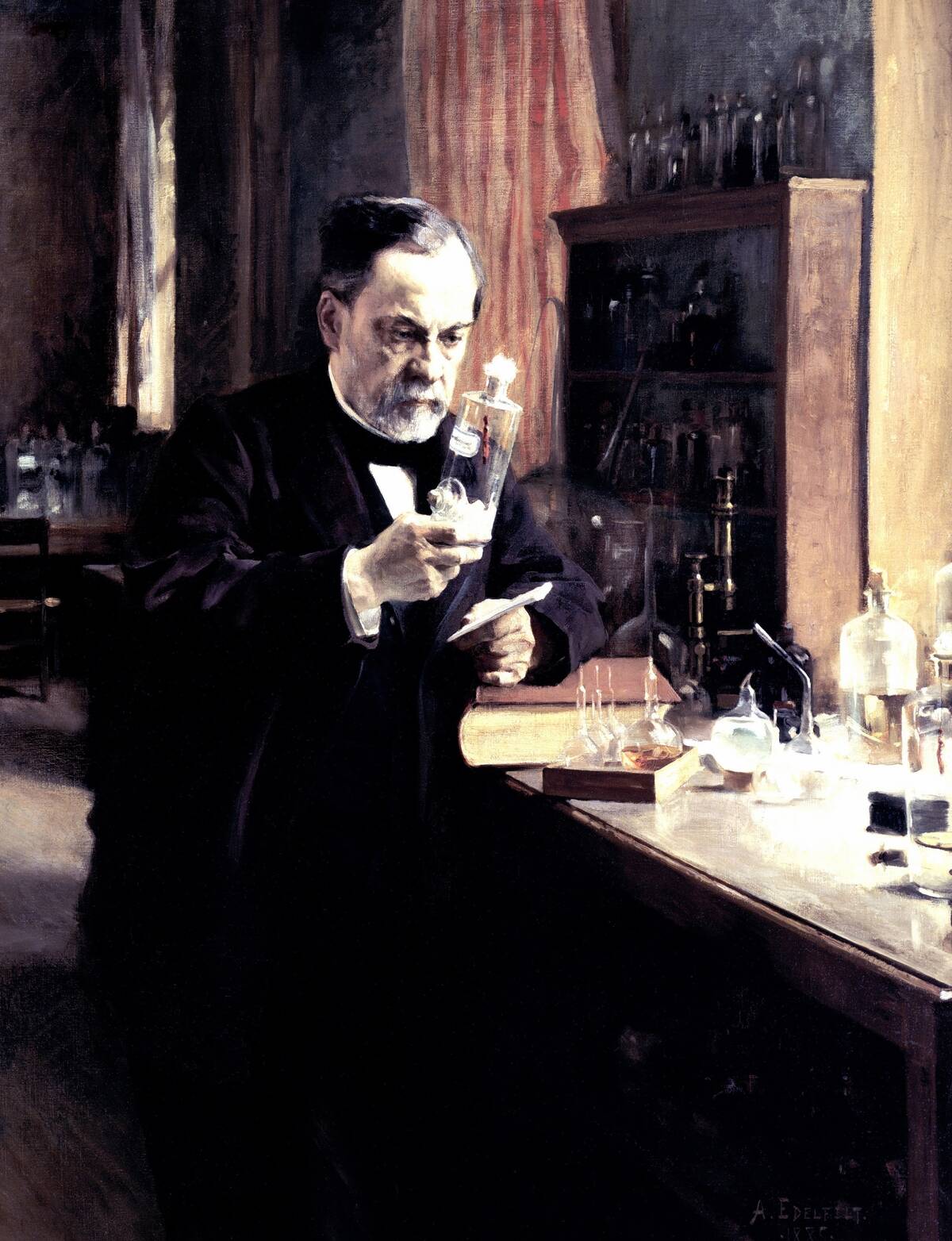
Germ theory, developed in the 19th century by scientists like Louis Pasteur and Robert Koch, revolutionized medicine by identifying microorganisms as the cause of many diseases.
This understanding led to innovations in hygiene, sterilization, and the development of vaccines, drastically reducing mortality rates. Germ theory transformed medical practices, paving the way for modern microbiology and preventive medicine.
Electricity: Lighting Up the Modern World
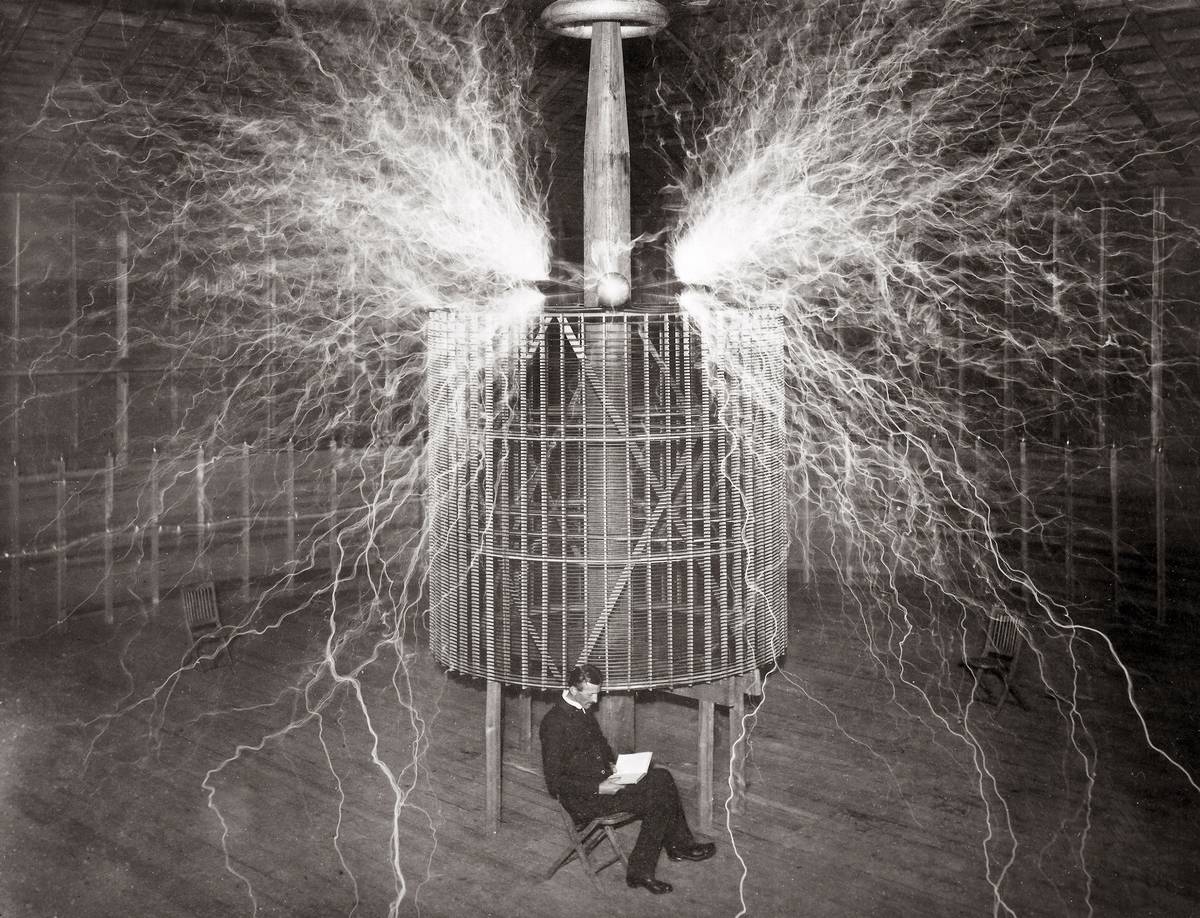
The harnessing of electricity, with key contributions from pioneers like Benjamin Franklin, Thomas Edison, and Nikola Tesla, electrified the modern world. Electricity-powered inventions, such as the light bulb, have made nighttime activities possible and improved the quality of life.
It revolutionized industries, facilitated communication through telegraphs and telephones, and laid the foundation for the technological advancements that define our current era.
Penicillin: The Dawn of the Antibiotic Age
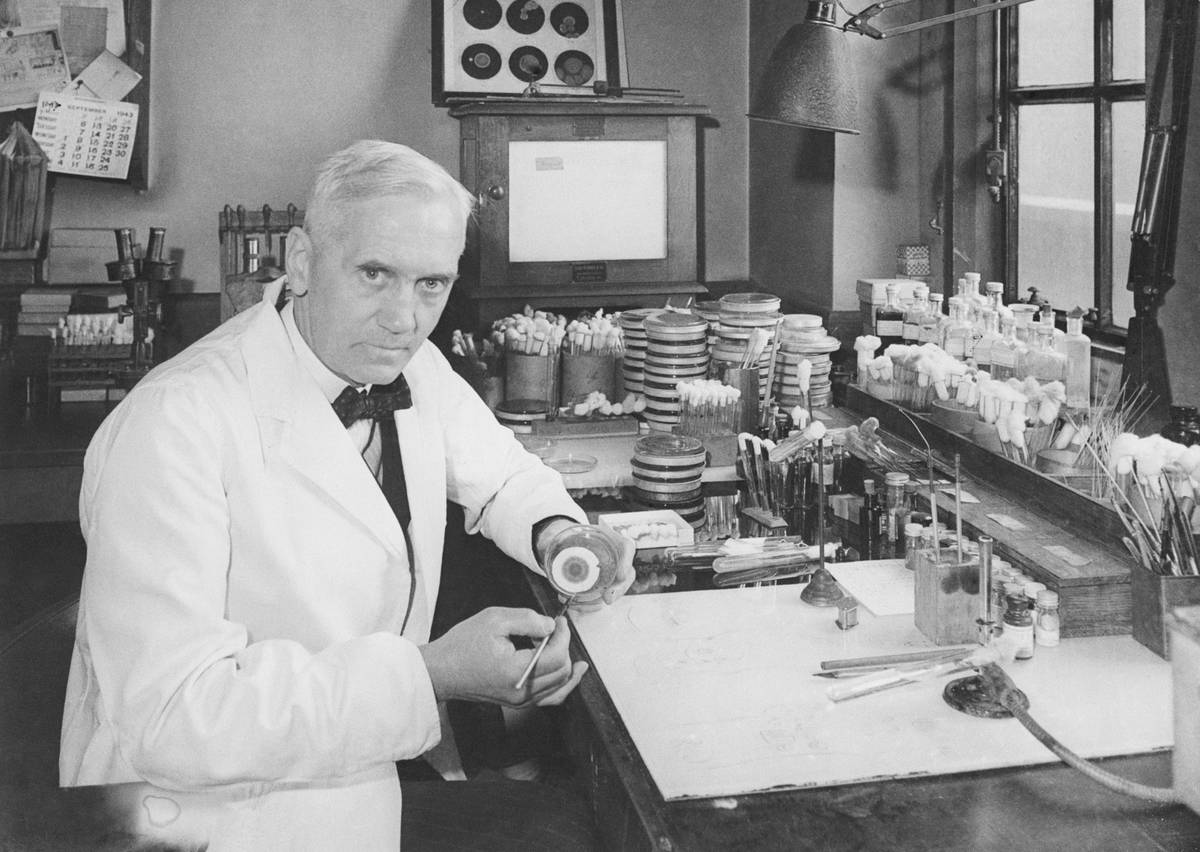
The discovery of penicillin by Alexander Fleming in 1928 marked the beginning of the antibiotic era. This groundbreaking antibiotic transformed medical treatment, providing an effective means to combat bacterial infections that were once deadly.
Penicillin’s introduction during World War II saved countless lives and spurred further research into antibiotics, significantly advancing public health and life expectancy.
DNA Structure: Cracking the Genetic Code of Life
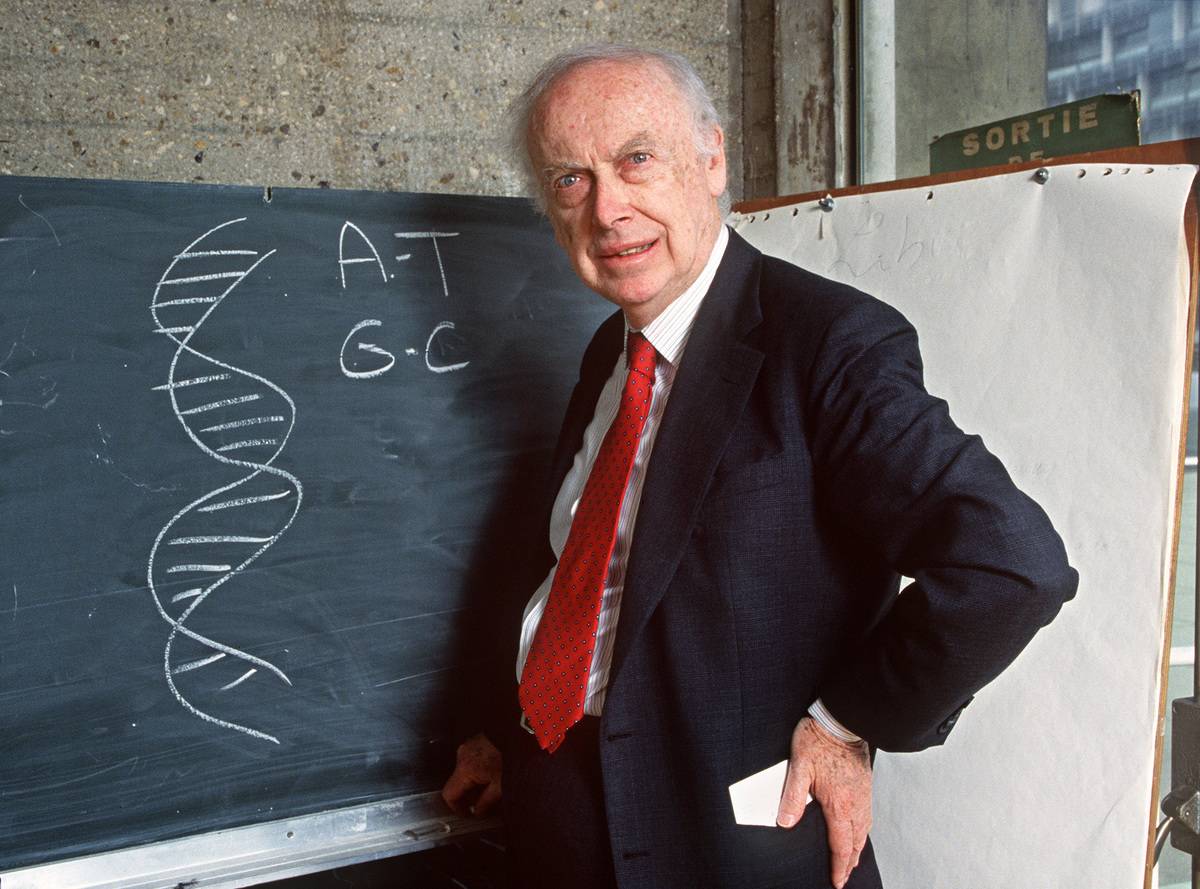
The discovery of the DNA double helix structure by James Watson and Francis Crick in 1953 unveiled the blueprint of life. Understanding DNA’s role in heredity and genetic coding opened up new fields of research in biology and medicine.
This knowledge has led to breakthroughs in genetic engineering, biotechnology, and personalized medicine, revolutionizing how we understand and manipulate living organisms.
The Internet: Connecting the Globe in a Digital Web

The Internet’s development in the late 20th century connected the world in ways previously unimaginable. Originally a project of the U.S. Department of Defense, it evolved into a global network that facilitates information exchange, commerce, and communication.
The Internet has transformed industries, reshaped social interactions, and democratized access to information, making it one of the most influential discoveries in modern history.
The Rosetta Stone: Deciphering Ancient Civilizations
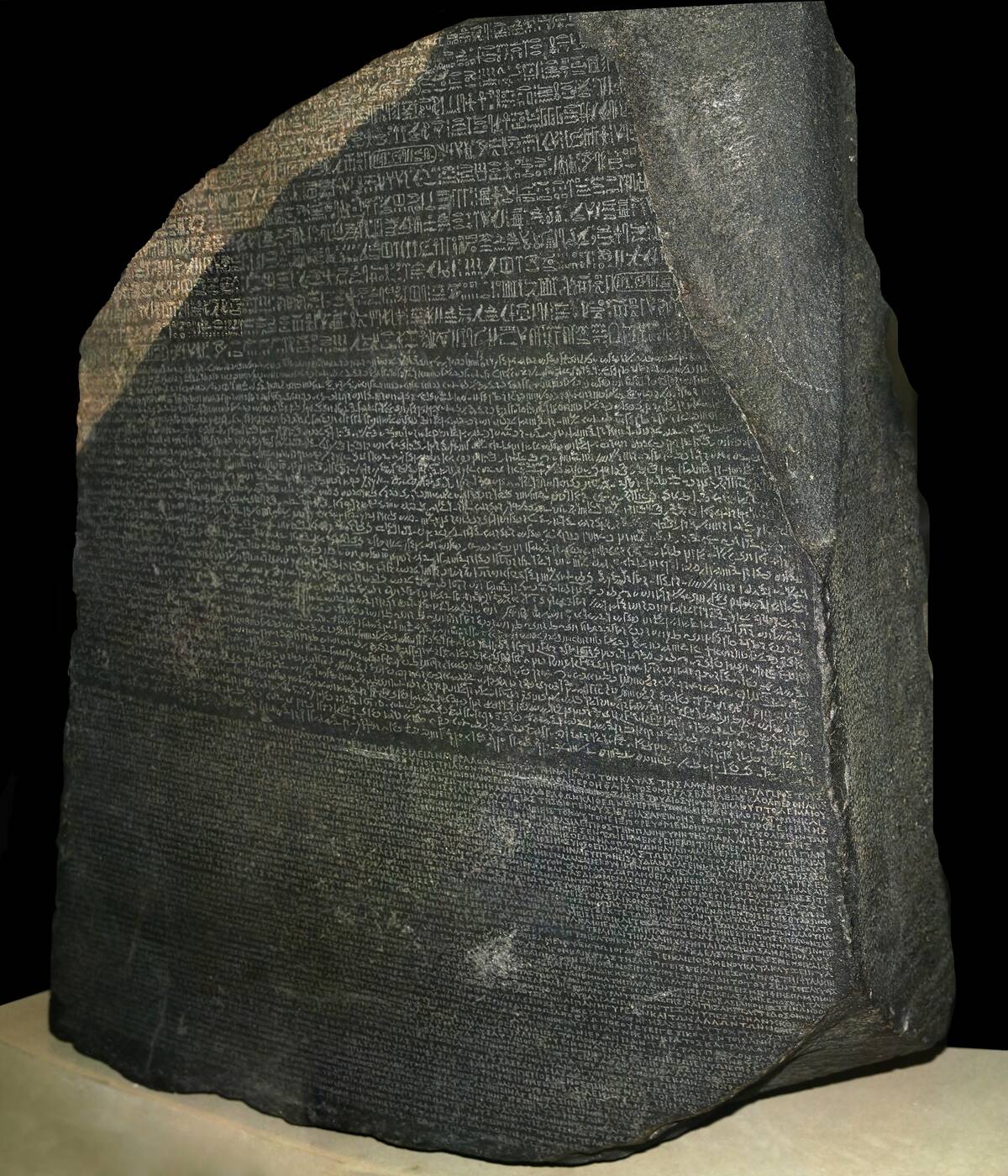
The Rosetta Stone, discovered in 1799, was the key to unlocking the mysteries of Egyptian hieroglyphs. Featuring inscriptions in Greek, Demotic, and hieroglyphic scripts, it enabled scholars like Jean-François Champollion to decipher the language of ancient Egypt.
This breakthrough expanded our understanding of Egyptian history and culture, providing insights into one of the world’s oldest civilizations.
The Discovery of Radioactivity: Unlocking Atomic Secrets
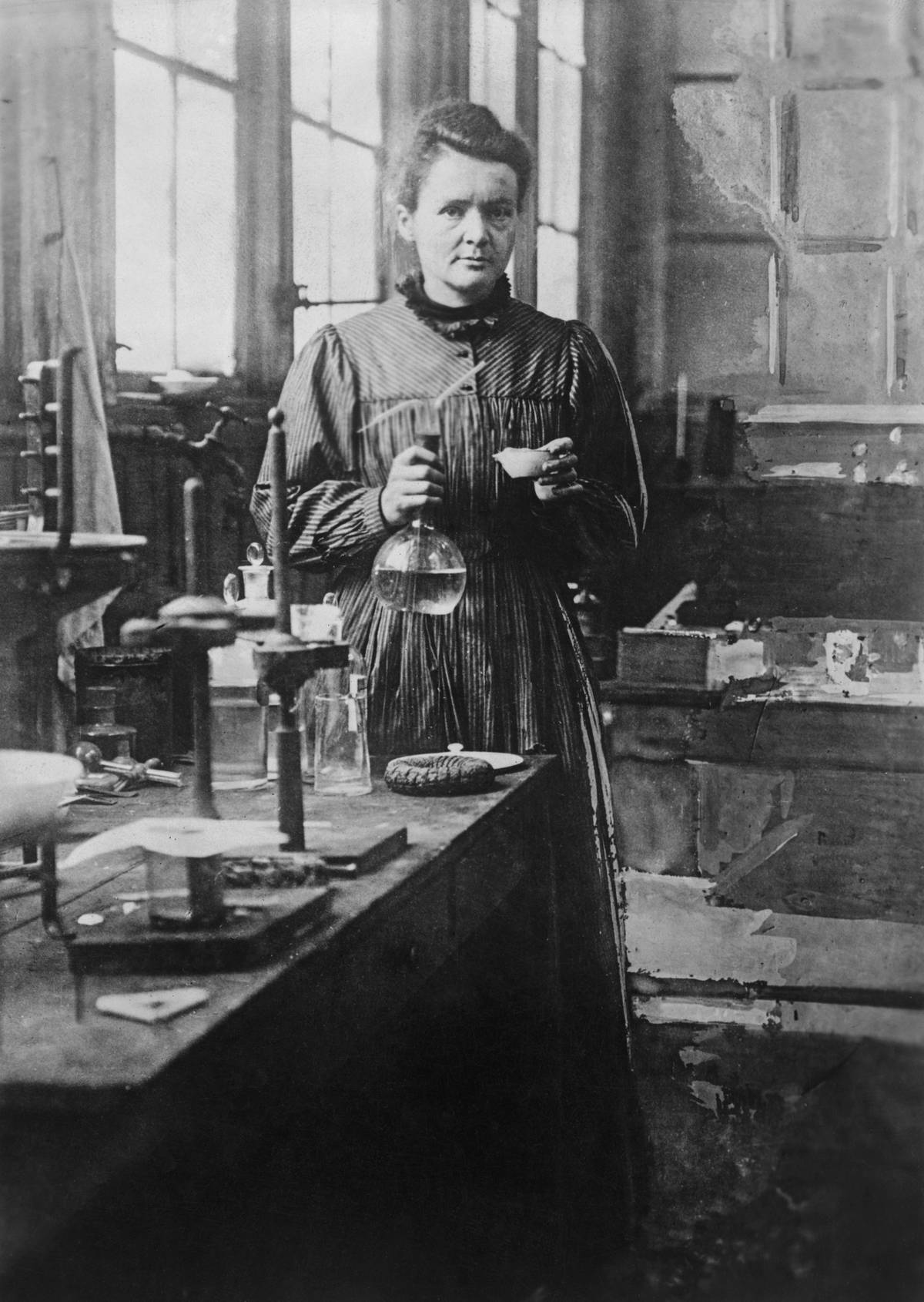
The discovery of radioactivity by Henri Becquerel and further research by Marie and Pierre Curie in the late 19th and early 20th centuries unveiled the hidden forces within atoms.
This discovery led to the development of nuclear energy and medicine, revolutionizing energy production and cancer treatment. Radioactivity also provided insights into atomic structure, paving the way for modern physics and chemistry.
The Telescope: Gazing Into the Vastness of Space
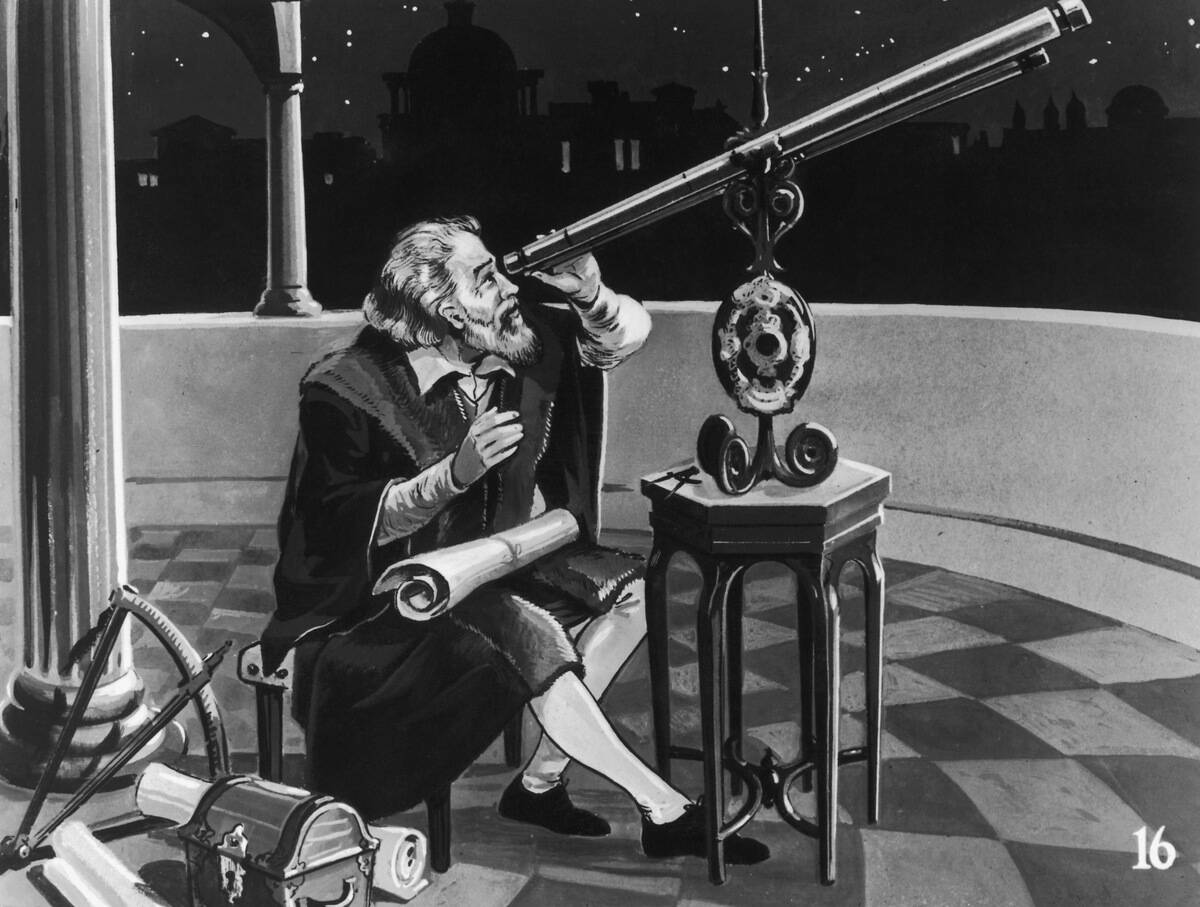
The invention of the telescope in the early 17th century by pioneers like Galileo Galilei (but especially Hans Lipperhey) revolutionized our understanding of the universe. By allowing us to observe celestial bodies in unprecedented detail, the telescope provided evidence supporting the heliocentric model of the solar system.
This challenged prevailing geocentric views and expanded our knowledge of space, leading to the field of astronomy as we know it today.
The Transistor: Sparking the Digital Revolution
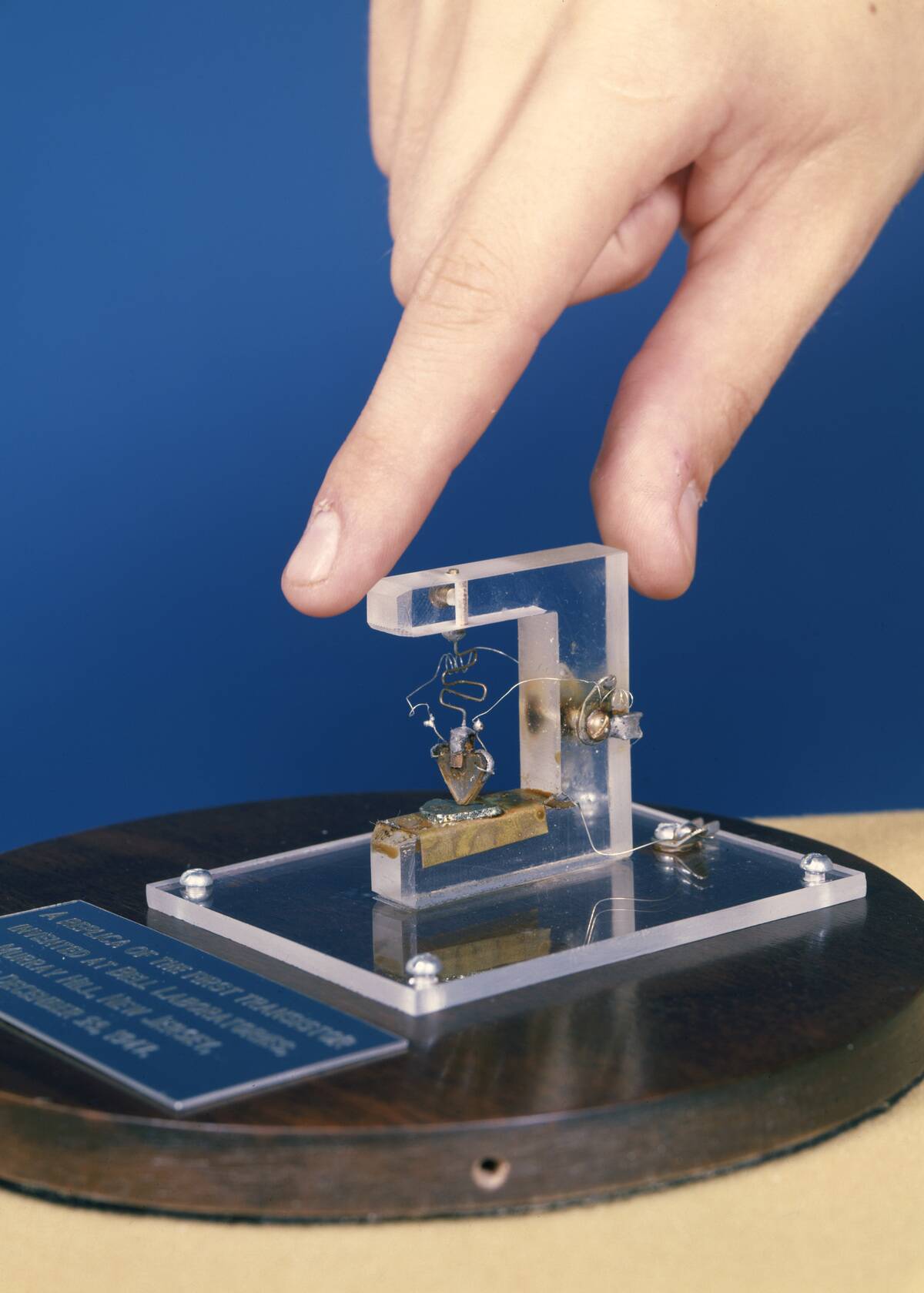
The invention of the transistor in 1947 by John Bardeen, Walter Brattain, and William Shockley ushered in the digital age. As a crucial component in electronic devices, transistors enabled the miniaturization of circuits, leading to the development of computers and other digital technologies.
This innovation has transformed industries, communication, and daily life, laying the foundation for the rapid technological advancements that define the modern era.
The Periodic Table: Organizing the Building Blocks of Matter
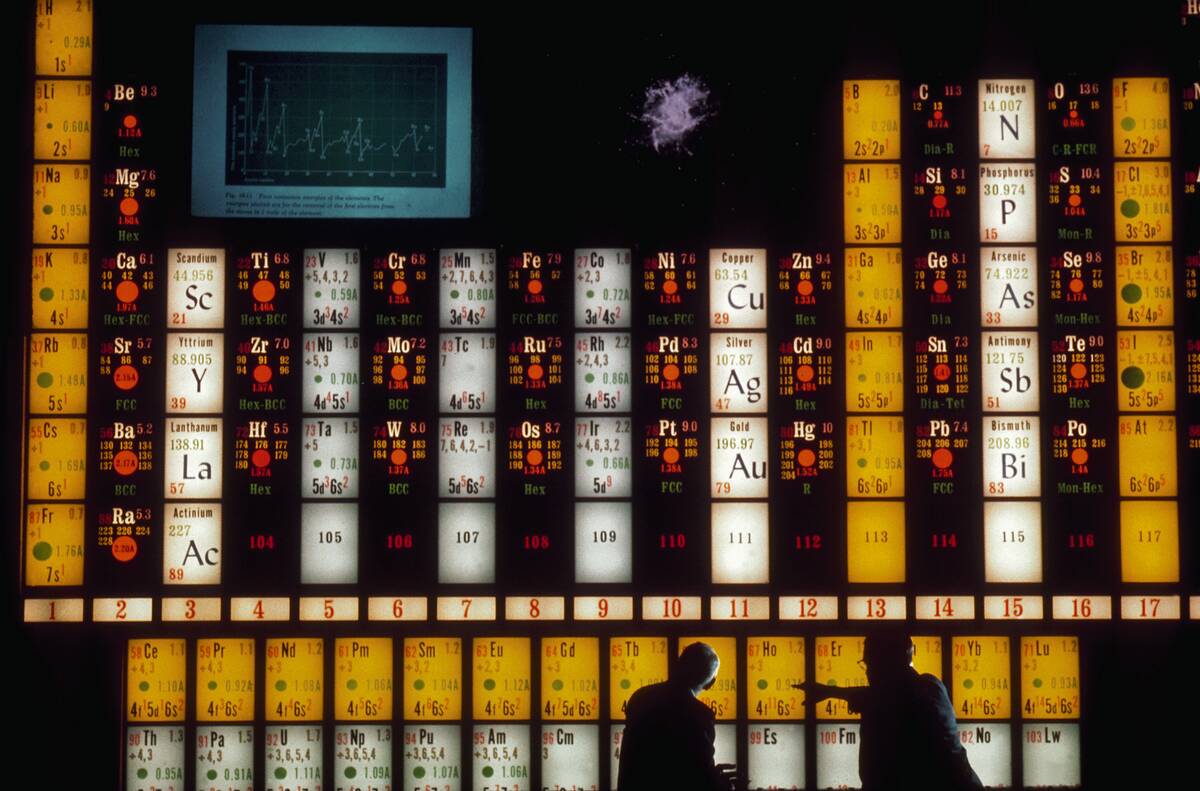
The periodic table, developed by Dmitri Mendeleev in 1869, organized elements based on their atomic properties, revealing patterns and relationships among them.
This systematization has been essential for understanding chemical behavior and predicting the existence of undiscovered elements. The periodic table is a fundamental tool in chemistry and education, guiding research and innovation in various scientific fields.



